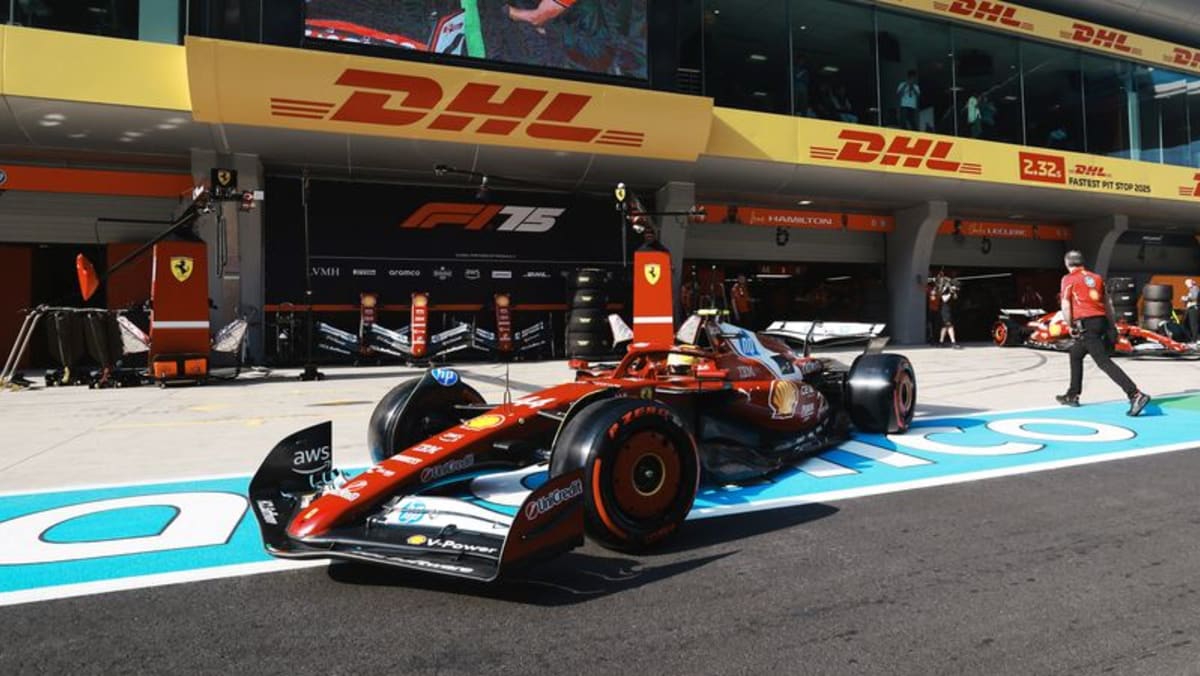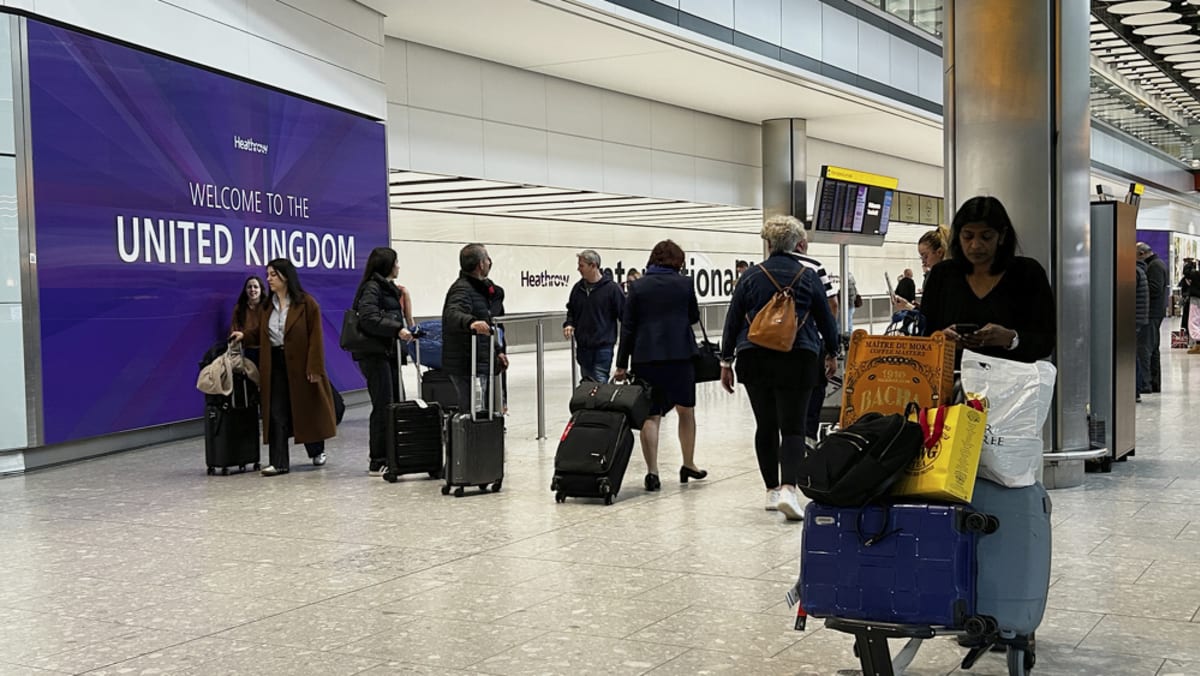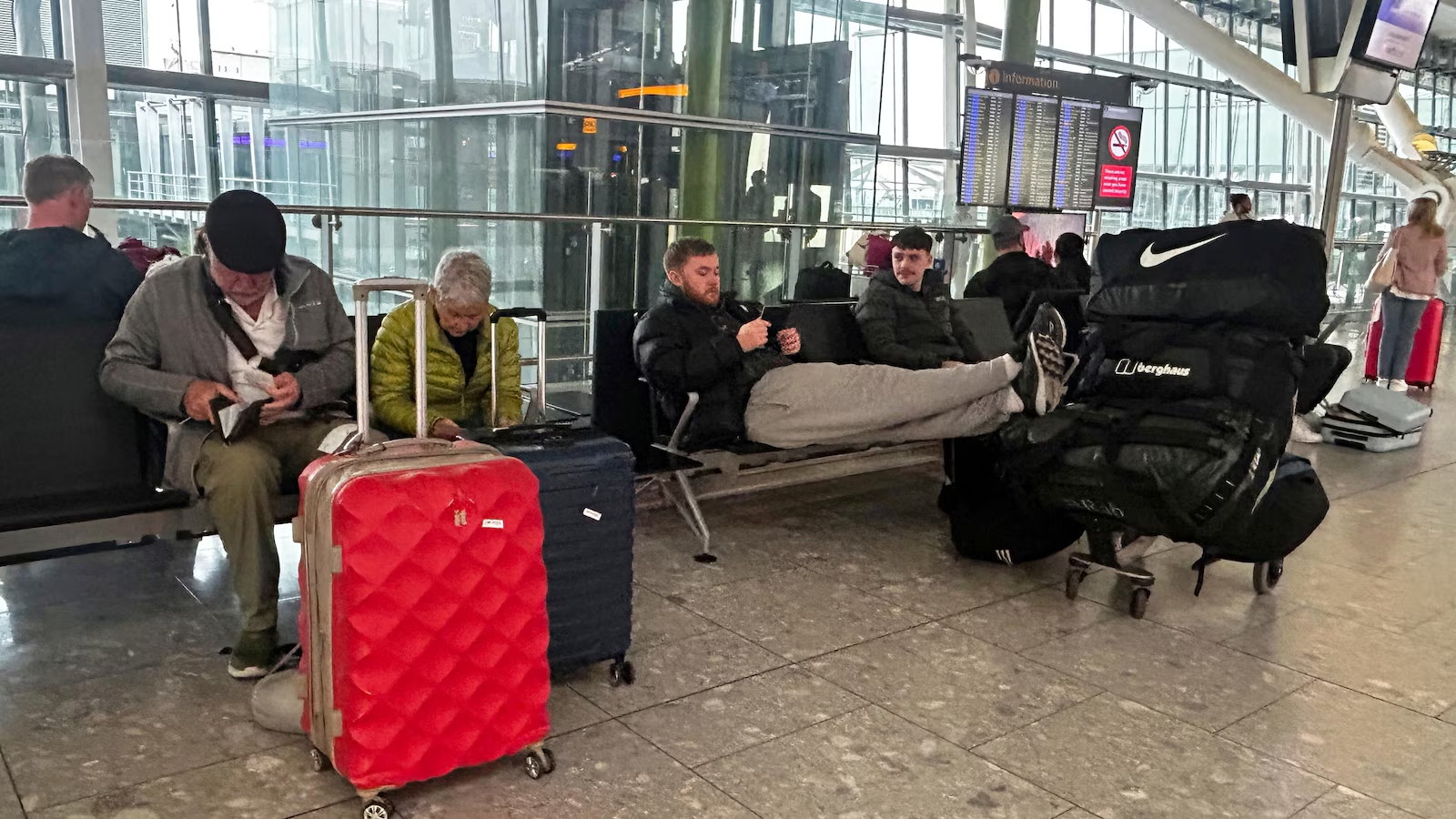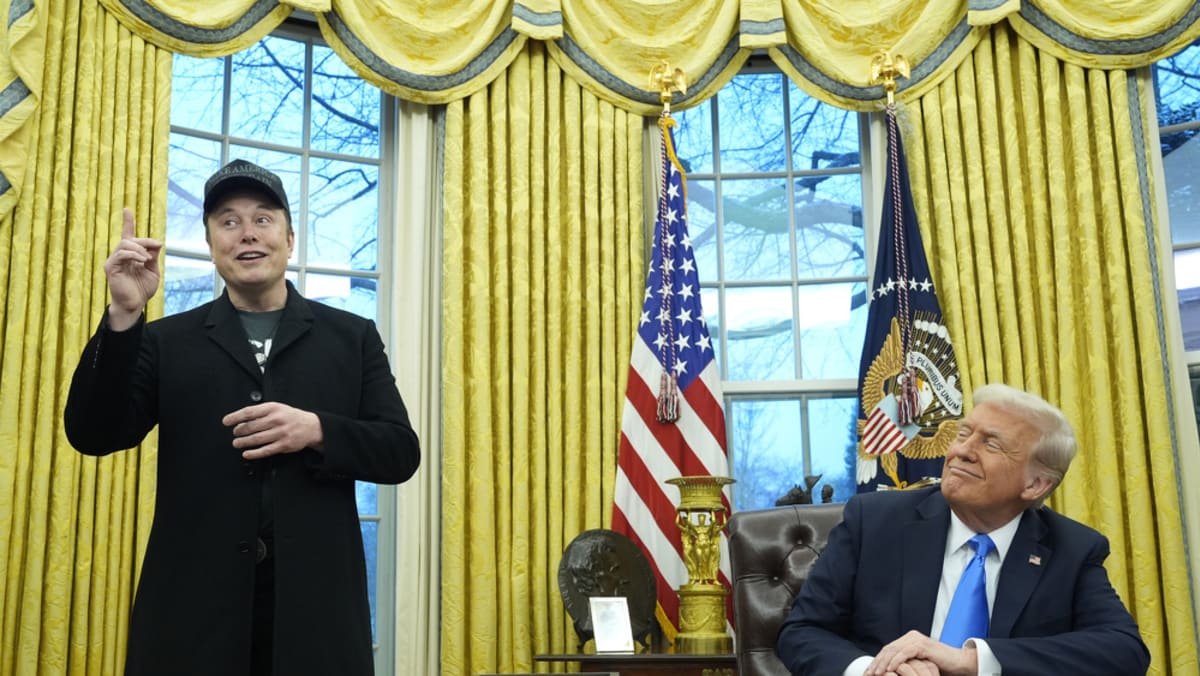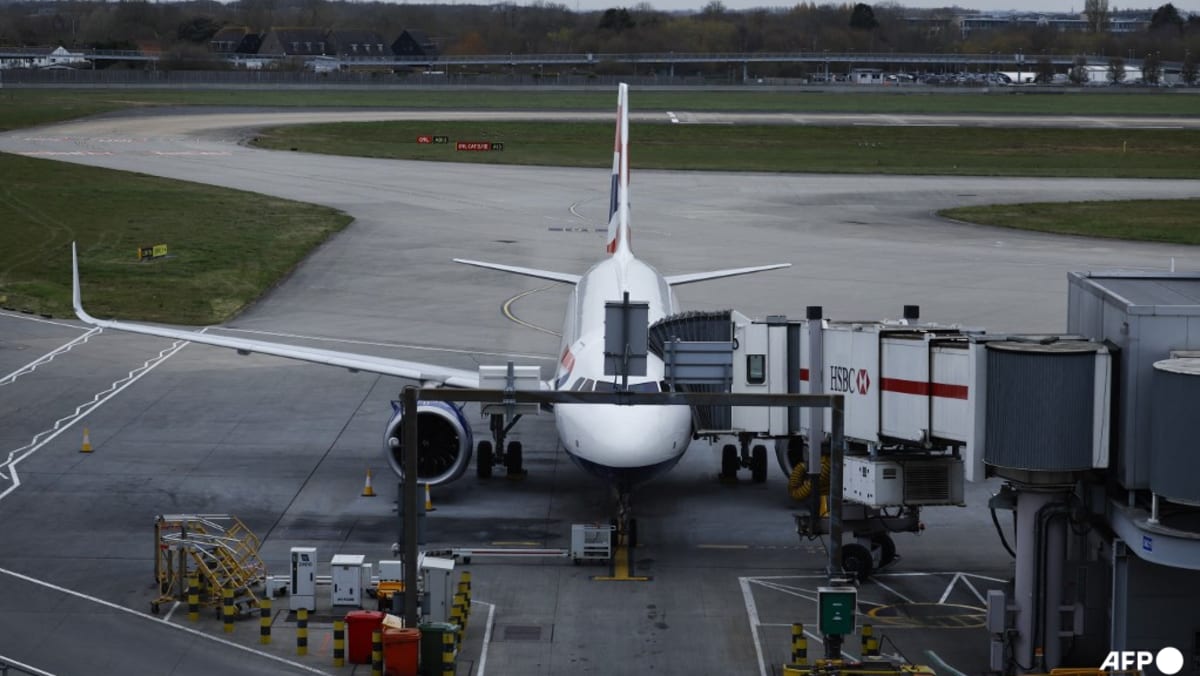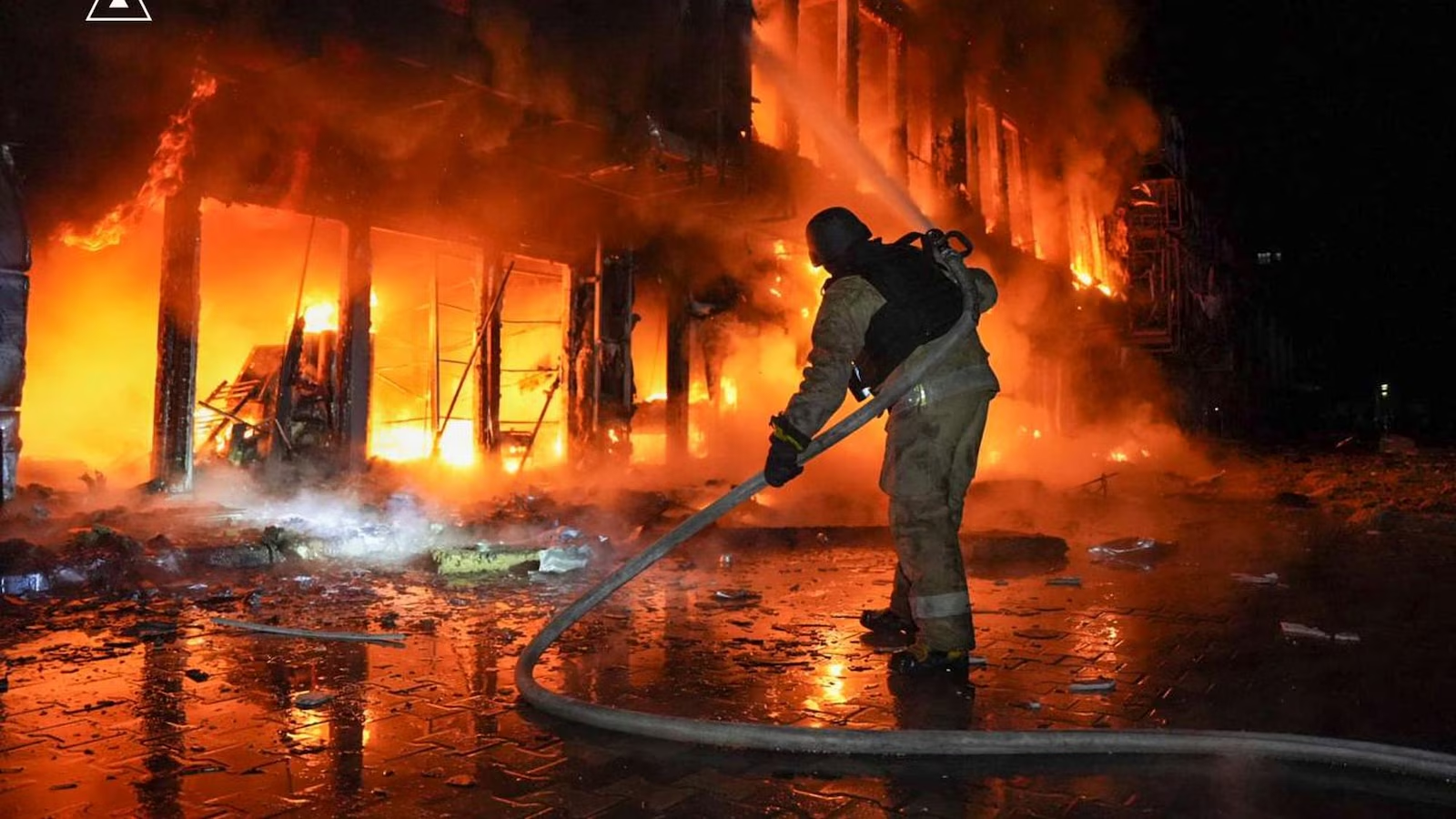Commentary: Southeast Asia will find Trump’s second trade war harder to weather

In his second term, more punitive tariffs could force companies to relocate entire industrial ecosystems. Southeast Asian countries are well-positioned to present themselves as stable and reliable alternatives in high-tech supply chains.
Thailand’s Commerce Minister Pichai Naripthaphan sees opportunity ahead, noting, “Trump’s win will be beneficial for Thailand because Republicans are pro-business, and the US-China trade war will continue and result in more investments.”
However, realising this opportunity won’t be straightforward. It requires moving beyond low-cost manufacturing to develop more sophisticated value-added capabilities. At the same time, the US may pressure ASEAN countries or take direct steps to limit Chinese content in strategic sectors.
A CRITICAL TEST FOR ASEAN
Southeast Asia faces a critical test in the coming years.
Unlike in 2017, China’s advancements in emerging industries like electric vehicles and clean energy technology following the first trade war present a new challenge for ASEAN. China’s cost advantages and dominance in these sectors makes the meaningful diversification of supply chains more difficult, forcing ASEAN to balance strategic concerns with industrial development priorities.
Balancing the pressures of Trump’s trade policies with relationships with both the US and China will require flexibility, foresight and cooperation.
Source: CNA


